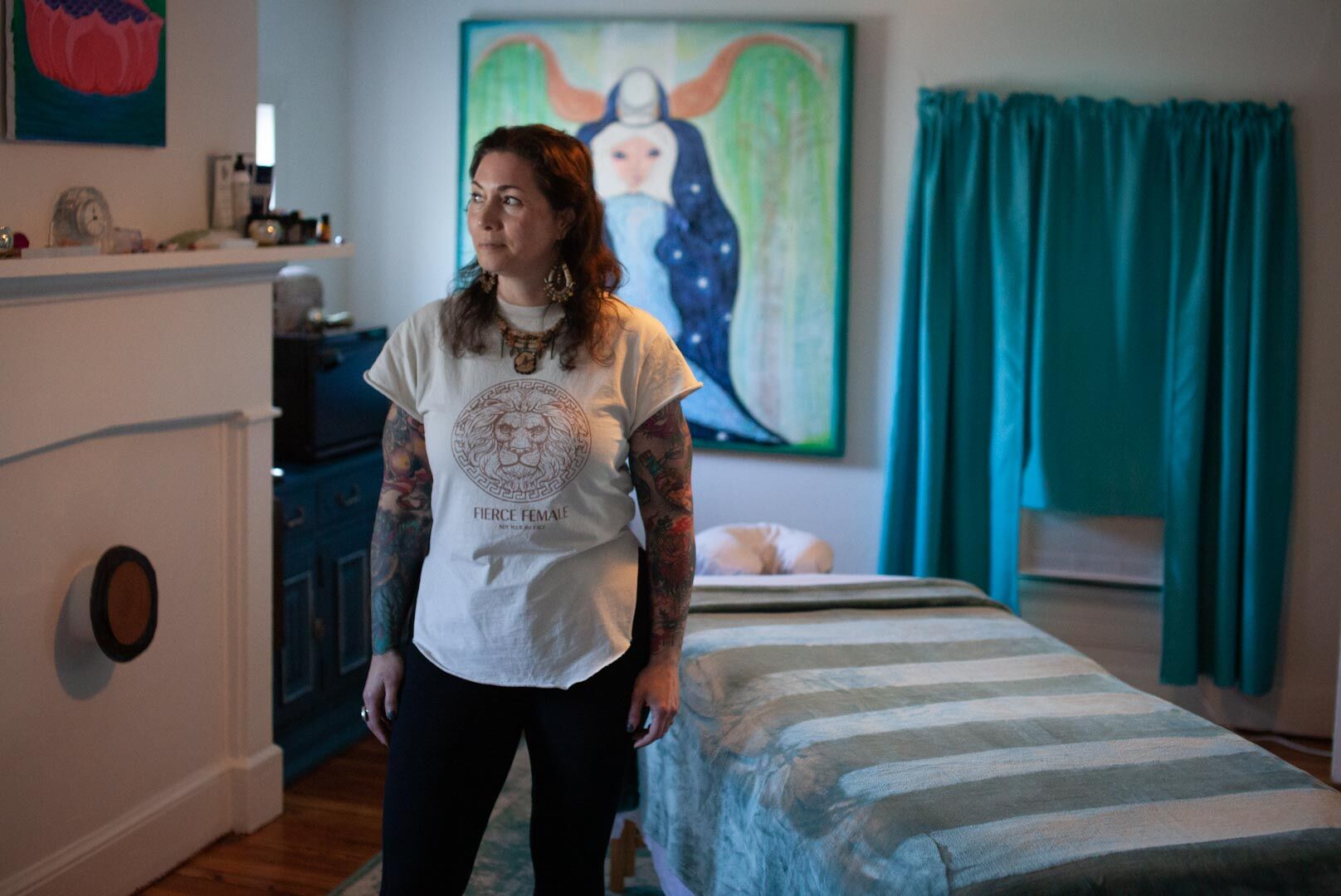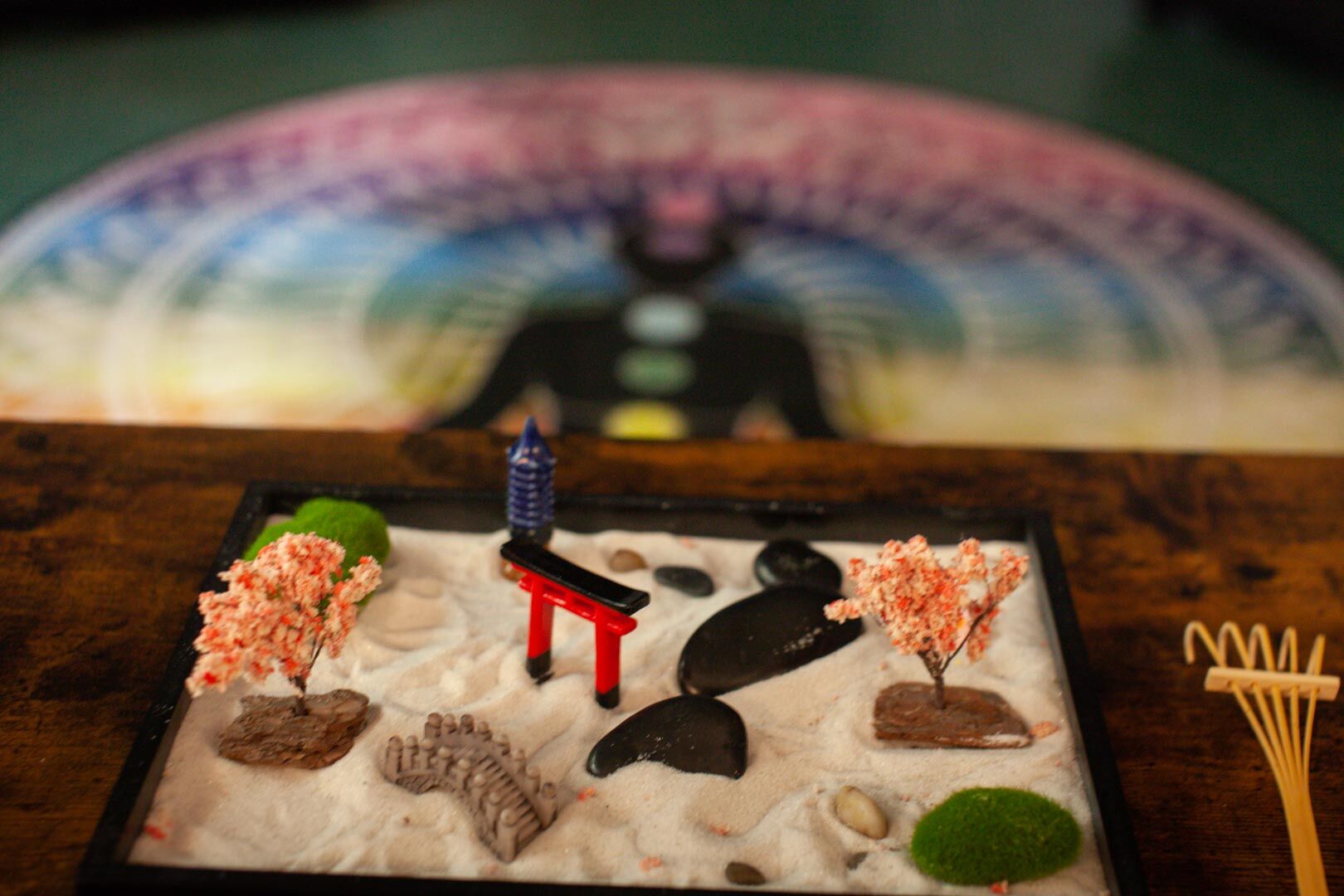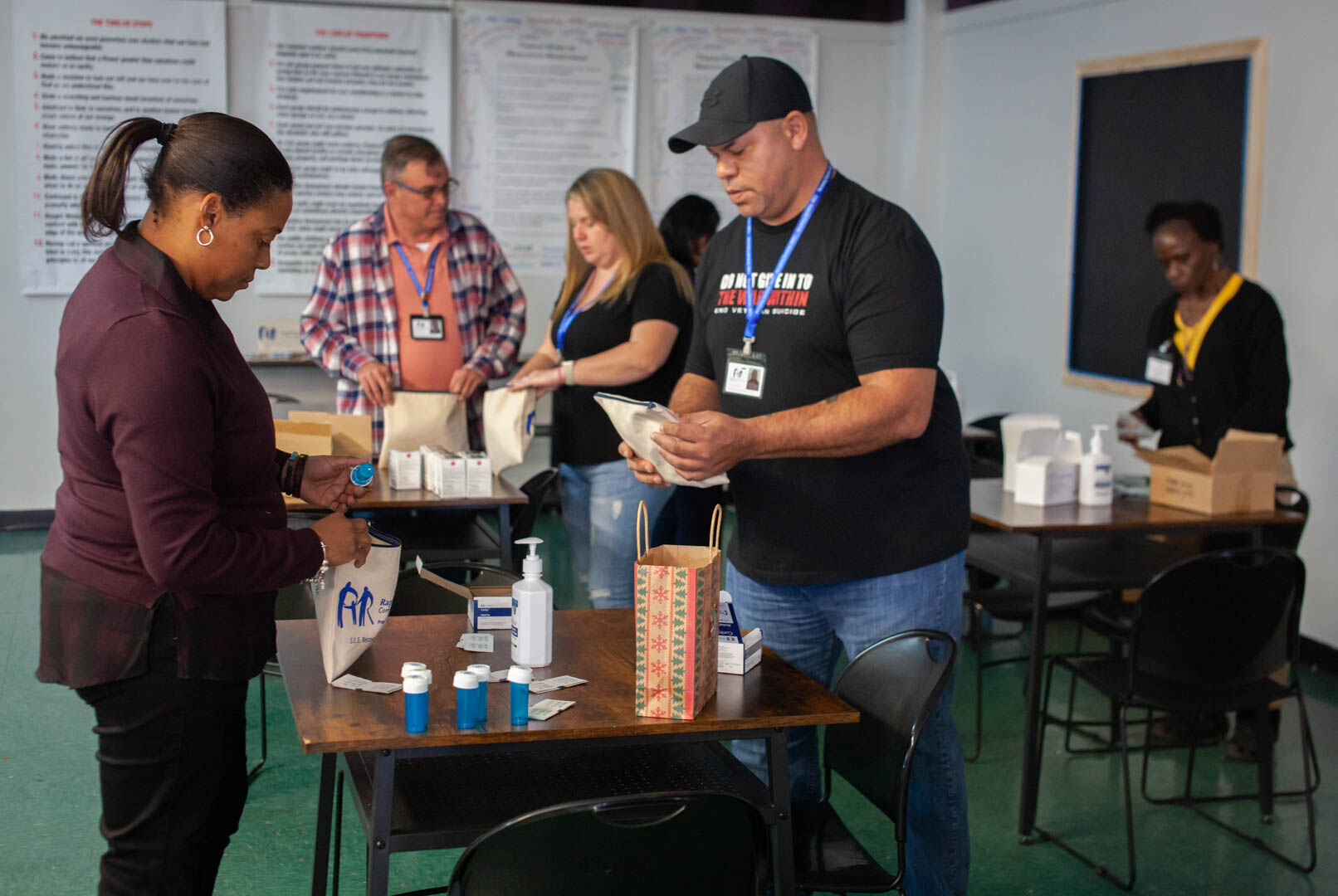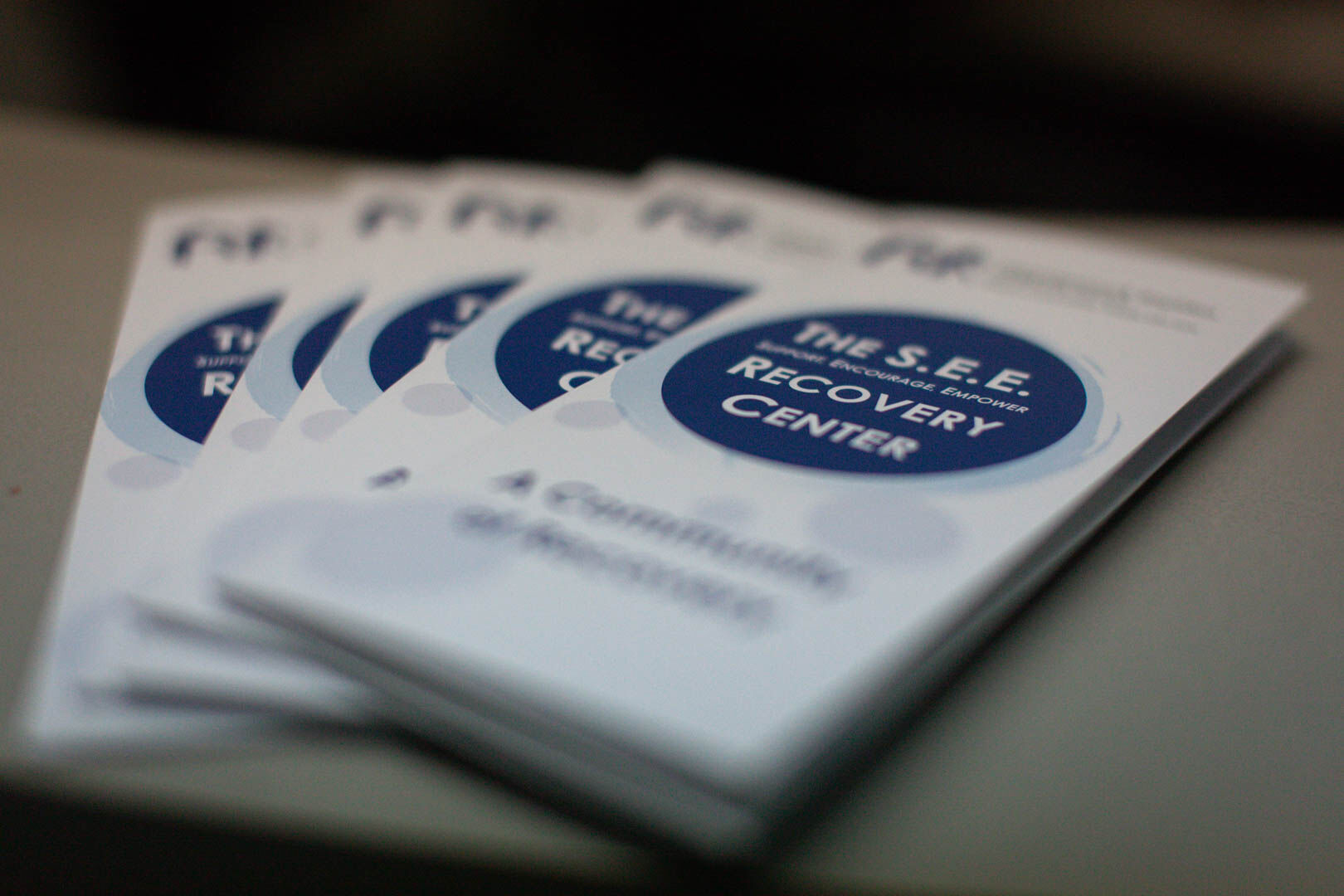As the pandemic wanes, its impact on addiction and recovery continues
The worst of the pandemic would seem to be behind us. Unfortunately, not all of it.
In fact, an often-overlooked impact of COVID-19 — an alarming rise in drug and alcohol use — could be one of its darker lasting effects. For many, the months and months of isolation, stress and uncertainty proved to be a toxic combination. More than a few of those in recovery have relapsed.
“I think the situation is even worse than it was a year ago,” said Jan Brown, executive director of SpiritWorks Foundation Center for the Soul, which operates a recovery center in Warrenton. “There’s been a lot of despair and hopelessness in the recovery community. And some of that is about the relentless nature of the pandemic.”
Brown will be the main speaker at a special program, “Addiction Recovery 101,” next Wednesday, March 23, between 5:30 p.m. and 7 p.m. at the Washington Fire Hall. People can also attend online on Zoom by registering at: bit.ly/Recovery101March23.
The event is not just for those struggling with substance use, but also for families, friends and others in the community who want to better understand the pathology of addiction and alcoholism and the complex challenges of recovery.
“There are multiple pathways to recovery. And there are multiple pathways of recovery,” Brown said. “Most people know about the 12-step programs, and they know about in-patient treatment. But there are many other options.”
Persistent stigma
Few statistics tell the story of COVID-19’s repercussions on substance use as starkly as overdose deaths. In 2019, a total of 1,627 fatal overdoses were recorded in the state, according to the chief medical examiner for the Virginia Department of Health. During 2020, the first year of the pandemic, that number jumped 42% to 2,309 deaths. The final total of fatal overdoses for Virginia in 2021 is still being compiled, but it’s projected to climb another 15% to 2,660 fatal overdoses. That’s 86% higher than it was just five years ago.
Sign up for Rapp News Daily, a free newsletter delivered to your email inbox every morning.
Nine of the 17 overdose deaths in Rappahannock since 2007 have occurred in the past two years, according to the health department. Through just the third quarter of 2021, Culpeper had 21 fatal overdoses, compared to 15 in 2020, when the number had already jumped 67% from 2019.
A big reason has been the infusion of the powerful painkiller fentanyl into other drugs, including heroin, oxycodone and cocaine. It has played a role in almost 75% of Virginia’s fatal overdoses during the past two years. But Brown feels it’s become too easy to blame the spike solely on fentanyl. Stigma, she said, remains another huge factor.
Too many people still view substance misuse as a moral failing, rather than a medical condition. That, Brown suggested, can even include doctors and nurses in emergency departments who watch overdosed users die, or revive them only to see them brought back in a few days later. She encourages those patients to go back at some point and thank the people who saved their lives.
“They need to let these people in the ER know how they’re doing now, because they don’t know that anybody ever gets better,” Brown said.
Cory Will, program manager of the S.E.E. (Support. Encourage. Empower) Recovery Center, which opened in Culpeper last August, said he understands the lack of empathy for those who misuse substances, particularly among their family members, who often bear the brunt of the emotional and financial damage of addiction.

FF-Addiction-Covid-63-web.jpg
Cory Will, program manager of the S.E.E. (Support. Encourage. Empower) Recovery Center in Culpeper, Va.
“When you see someone who is still actively engaged in their disorder, and they’ll do anything to fulfill that need, you have people think, ‘Why should I care if they don’t care enough to stop?’”, Will said. “They see it as a choice. But it’s a disease.”
He continued, “Families can have the hardest time accepting this. Even if someone stops using, there’s always the fear that it will happen again. Maybe last time, they had their bank account drained. Or this happened. Or that happened. You hear the horror stories.”
The reality of relapse
Cara Cutro, owner of Abracadabra Massage and Wellness in Sperryville, knows firsthand the persistent challenges of recovery. She’s been clean and sober for 10 years now, but 20 years ago, when she was living in Seattle, Cutro was a daily drinker and used heroin. She stopped using for a few years after moving back to Rappahannock, but then relapsed.

Cara_Cutro-30-web-3.jpg
“You need a lot of support. But people don’t want to invest in something they think will fail,” said Sperryville’s Cara Cutro. “There is a rate of failure that comes with this because of the nature of the disease. So, you have to prepare people for that.”
Almost all who misuse substances relapse. That’s the reality of addiction. But it’s one more thing, said Cutro, that sustains the stigma. “You need a lot of support. But people don’t want to invest in something they think will fail,” she said. “There is a rate of failure that comes with this because of the nature of the disease. So, you have to prepare people for that.”
Brown makes the point that recovery is much more complicated than “removing the substance from the person.” Those who misuse substances or alcohol often have mental health issues that haven’t been addressed or physical conditions that plague them, such as chronic pain. And, after they stop using, they still have to deal with daunting real life ramifications of their former lives. Brown said that even after being clean for 25 years, she had trouble getting health insurance.
The stigma around addiction also carries over into objections to harm reduction practices, such as providing clean needles or fentanyl test strips to drug users. Even people who support those programs can have unrealistic expectations about their purpose, according to Brown. They see them as a pathway to recovery. But the truth is that that can take a long time, and some users will never stop.
“If it helps people stop using, that’s great,” Brown said. “But the point is that people are going to use, and we want them to be safe. We don’t want them to die.”
She drew a comparison to someone considered a “functional” alcoholic. “They know they’re not going to drink and drive, and they only drink on weekends so they can work through the week,” she said. “Those are examples of harm reduction strategies.”
Safe space
Based on the response to the S.E.E. Center since it opened last summer, there’s a need in the region for a place where people can get support from peers to deal with substance use and mental health issues.

FF-Addiction-Covid-38-web.jpg
The S.E.E Center takes a holistic approach to recovery and offers a meditation room for people to relax and decompress.
Almost 6,500 visits have already been recorded at the facility, operated by Rappahannock Rapidan Community Services, according to Cory Will. While that total includes repeat visitors for the regular Alcoholics Anonymous and Narcotics Anonymous meetings, he said about 20 percent of those who come in are new.
In addition to a staff of peers who themselves have wrestled with substance use and mental health issues, the center has spaces where visitors can meditate, do yoga or create art. There’s also a darkened room with a sound machine where people can go to decompress. It also distributes harm reduction kits that include fentanyl testing strips, two doses of Narcan, sterile water, gloves and first aid supplies

FF-Addiction-Covid-33-web.jpg
Staffers at S.E.E Recovery Center assemble “harm reduction kits” that include NARCAN and fentanyl test strips. “The point is to keep people alive,” said program manager Cory Will.
The staff didn’t start tracking its visitors until January and, not surprisingly, more than half live in Culpeper County. So far, he said, about 5 percent have come from Rappahannock, but that number has doubled this month from last, and that the majority have been there over concerns about substance use.
Will acknowledged that the fear of being stigmatized is driving some of the visits to the recovery center from other counties.
“There’s the familial shame,” he said. “In a small community, everybody knows when it comes to light. People will tell us, ‘I can’t do this in my area. People won’t know me in Culpeper.’”
By Randy Rieland — For Foothills Forum
Where to get help

FF-Addiction-Covid-6-web.jpg
Helplines
24/7 Crisis Hotline: Deals with mental health, health and substance use situations. 540-825-5656.
National Suicide Prevention Lifeline: 1-800-273-8255.
NeverUseAlone: 24/7 peer-run call line. 1-800-484-3731.
Peer2Peer Regional Warmline: Not a crisis line, but callers connect with peers with experience in mental health and substance use issues. 833-626-1490.
Therapy and recovery services
Boxwood Recovery Center: 28-day residential substance use recovery center in Culpeper that provides individual, family and group counseling. 540-547-2760. https://www.rrcsb.org/boxwood-recovery-center/
Herren Wellness at Twin Oaks: Holistic residential addiction recovery center in Warrenton. 844-443-7736.https://herrenwellness.com/locations/virginia/
Subtext
Rappahannock-Rapidan Community Services: Agency that provides outpatient mental health and substance use counseling and clinical assessments to determine treatment needed. Warrenton clinic: 540-347-7620. Culpeper clinic: 540-825-3100. 24/7 Crisis hotline: 540-825-5656. https://www.rrcsb.org/
S.E.E. Recovery Center: Offers a range of free recovery-oriented groups and meetings and access to peers who can discuss substance use or mental health recovery. (540) 825-3366. [email protected]
SpiritWorks Foundation Center for the Soul: Peer-to-peer addiction recovery support. Warrenton office (serves Rappahannock): 540-428-5415. https://www.spiritworksfoundation.org/
Resources and family support
Al-Anon: Online meetings for those affected by the alcoholism of others. https://al-anon.org/al-anon-meetings/electronic-meetings/
Center for Motivation and Change: A guide for parents and partners to people with substance use disorders. https://the20minuteguide.com/
Come As You Are Coalition (CAYA): Fauquier nonprofit that maintains online listing of resources, treatment options and support groups. https://www.cayacoalition.org/
Culpeper Overdose Awareness: Comprehensive online resource of treatment options, recovery meetings and support groups in the region. https://www.culpeperoverdoseawareness.org/
Families Anonymous: 12-step program for relatives and friends of people with drug or alcohol issues. https://www.familiesanonymous.org/
Mental Health Association of Fauquier County: Nonprofit that provides information and guidance on mental health and addiction resources and treatment for Fauquier and Rappahannock residents. 540-341-8732. https://www.fauquier-mha.org/
Nar-Anon: Support chat rooms for those affected by another’s addiction. https://www.naranonchat.com/
ParentsHelpingParents: Virtual meetings for parents of children with substance use disorders. https://www.parentshelpingparents.info/virtual-chapter
Partnership to End Addiction: Website for parents seeking help for their children. https://drugfree.org/
SMART Recovery Family and Friends: Secular, behavioral-based program that offers online meetings for families and friends of those with substance use disorder. https://www.smartrecovery.org/family/
Youth for Tomorrow: Offers a range of outpatient mental health counseling services for children (ages five and up), adolescents, and families. For appointments: 703-659-9900. https://www.youthfortomorrow.org/Warrenton-Behavioral-Health,
Peer support groups
Regional meetings: https://www.culpeperoverdoseawareness.org/meetings/
Alcoholics Anonymous: Find a meeting: 866-641-9190. https://findrecovery.com/aa_meetings/va/
Narcotics Anonymous: Find a meeting: 866-801-6621; https://findrecovery.com/na_meetings/va

Foothills logo – horizontal
Foothills Forum is an independent, community-supported nonprofit tackling the need for in-depth research and reporting on Rappahannock County issues.
The group has an agreement with Rappahannock Media, owner of the Rappahannock News, to present this series and other award-winning reporting projects. More at foothillsforum.org.








